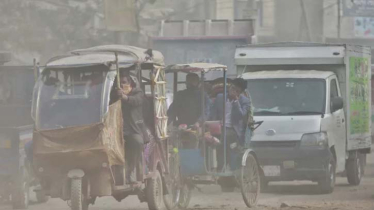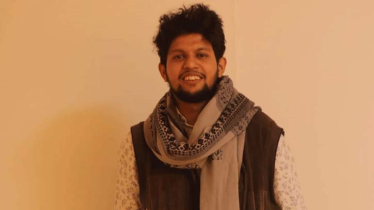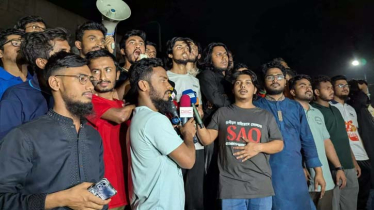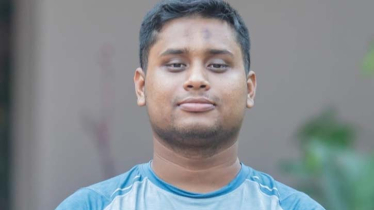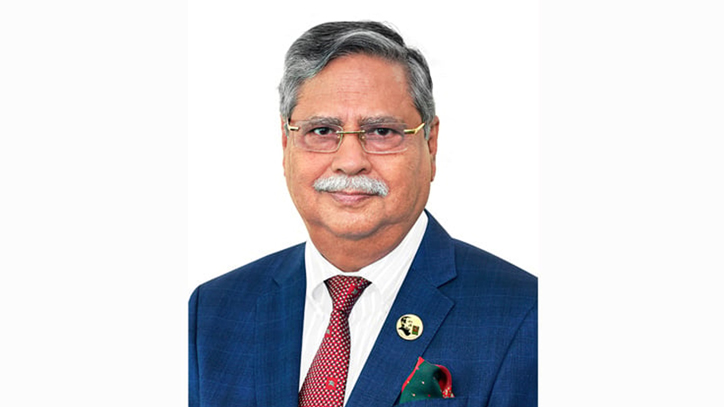
President Mohammed Shahabuddin. File Photo.
President Mohammed Shahabuddin on Saturday (16 March) paid glowing tributes to the Father of the Nation Bangabandhu Sheikh Mujibur Rahman, marking the late leader's 104th birth anniversary and the National Children's Day to be observed on Sunday (17 March).
"On the occasion of the 104th Birth Anniversary of the Father of the Nation, I pay my deep homage to this great leader," the head of the state said in a message on the eve of the day.
"March 17 is a memorable day in the history of the Bangalee nation. On this day in 1920, the greatest Bangalee of all time, the architect of sovereign and independent Bangladesh and Father of the Nation Bangabandhu Sheikh Mujibur Rahman was born in Tungipara, a secluded village in Gopalganj. As Bangabandhu came to us, we dreamt of and achieved independence. That is why we are citizens of a free nation," he added.
He said Bangabandhu spent his childhood in a free environment with muddy paths and open fields of his village.
From his boyhood, he was very kind and generous to humanity but uncompromising in attaining the rights, the president said, adding that he always used to engage himself with philanthropic works as well as with the alleviation of the sufferings of others.
Every moment of his life, wherever he found injustice, exploitation and torture, he went into action for protest, he said.
"He took part in anti-British rallies at the age of 14. He ran the Muslim Seba Samity to meet the educational expenses of poor students. In the early forties of the last century, after coming into contact with Huseyn Shaheed Suhrawardy, Sher-e-Bangla A. K. Fazlul Haque and Moulana Abdul Hamid Khan Bhasani, Bangabandhu, as a young student leader, got involved in active politics," he said.
Shortly after the partition of 1947, the young leader Sheikh Mujib realized that despite being liberated from British rule, the Bangalees were again being exploited by that of the West Pakistan, he said.
"The then rulers first attacked on Bangla, the mother tongue of Bangalees. Bangabandhu was arrested from the Secretariat Gate on 11 March 1948 while observing strike demanding Bangla as state language. Thus he moved forward on the path of realizing the rights of Bangalees, through movement, struggle and imprisonment," he added.
He led the nation in every democratic and freedom movement including All-party State Language Action Committee formed in 1948, the Language Movement in 1952, Jukta-Front Election in 1954, movement against Martial Law in 1958, Six-Point Movement in 1966, Mass Upsurge in 1969 and the General Elections in 1970 for attaining the freedom and rights of the country's people, he said.
"He was sent to jail several times and had to bear inhuman sufferings for his active participation in those movements. But he never compromised with the Pakistani rulers on the question of establishing the rights of Bangalees," the president said.
On 7th March in 1971 at the Race Course Maidan, keeping with the emotions and aspirations of the Bangalees, Bangabandhu uttered in his thunderous voice, 'The struggle this time is the struggle for emancipation, the struggle this time is the struggle for independence', said Shahabuddin quoting Bangabandhu's speech.
Messenger/Sumon





